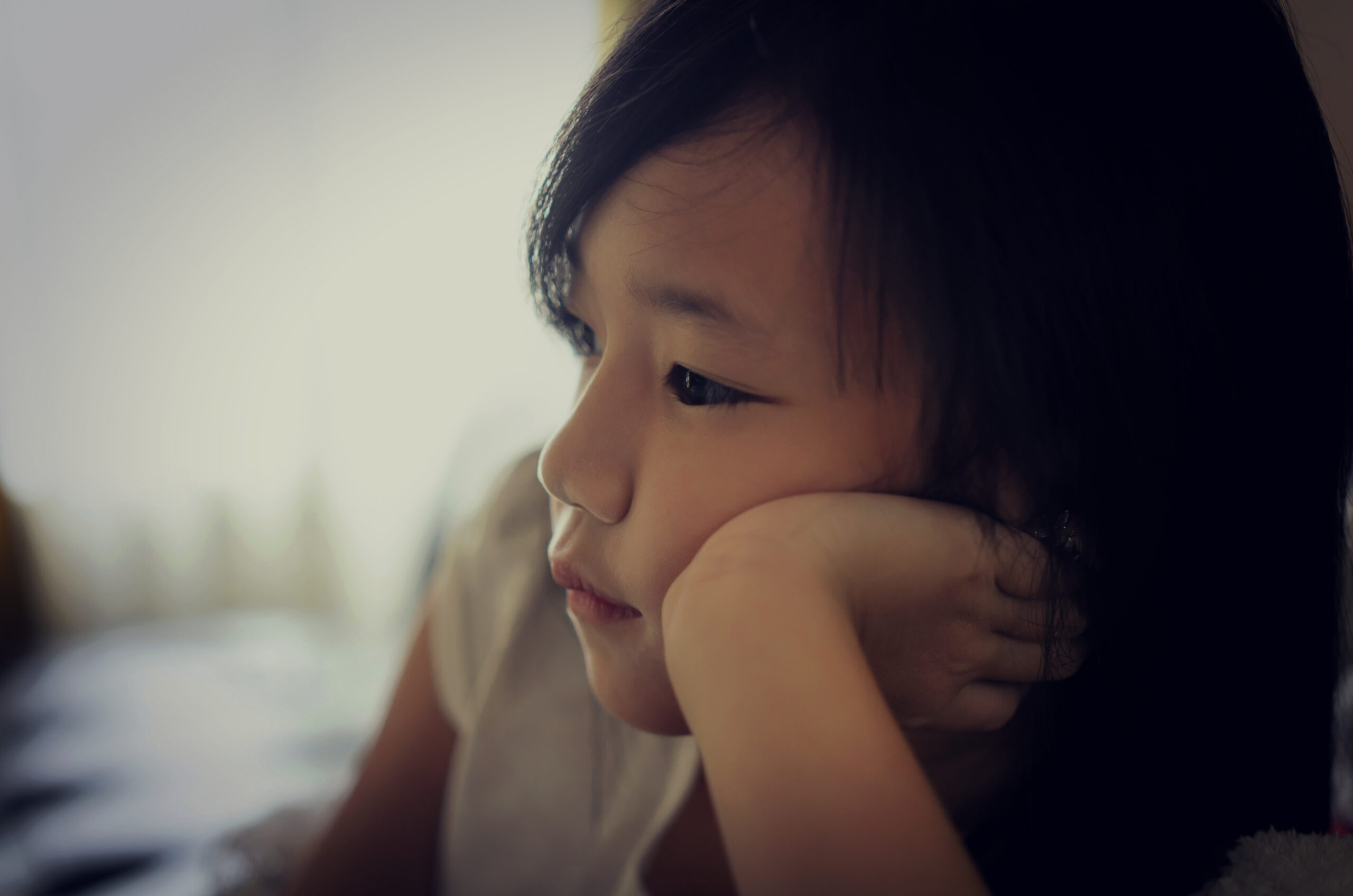Being brave isn’t about ‘never feeling anxious’. Being brave will always come with anxiety. That’s what makes it brave.
Our kids need to know this. On the outside, courage can look certain, powerful, bold, but it rarely feels that way on the inside. On the inside, it will likely feel like anxiety, worry, nervousness, fear. If kids expect courage to feel more confident, anything less than that won’t feel okay. This is when anxiety can drive a deficiency story ‘I’m not brave enough/ strong enough/ enough for this,’ or a disaster story, ‘I feel like something bad is going to happen so something bad must be going to happen’. This story will drive kids away from brave behaviour or the important things they need to do.
When we have conversations that can change the way they think about courage and the way they expect to feel when it’s time for them to be brave, we open the way for a different response.
‘Let me prove it to you.’
It can be hard for our kids to believe that courage comes with anxiety, so let’s show them …
Ask them, ‘Can you think of something you’ve done that was brave?’
Maybe it’s doing something new, maybe going down the big water slide, going to school, going for a sleepover – if it feels brave, then it’s brave. This will be different for everyone.
Then ask, ‘How did you feel just before that brave thing you did?’
They’ll have their words – scared, anxious, terrified, nervous. Explain to them,
‘These are all words for the feeling of anxiety. This is because your amygdala (the magnificent part of your brain responsible for keeping you safe) can’t tell the difference between things that are scary-dangerous (things that might actually hurt you) and things that are scary-safe (things that feel scary, but which are safe – new, hard, brave, growthful important things, things that matter). It’s why going to school or speaking in front of a group of people can feel like you’re getting barrelled by a wave. It’s great that your brain warns you that there might be something tricky ahead of you, but it’s important that you stay in charge of what happens next. Ask yourself – ‘Is this a time for me to be safe and avoid, or is this a time for me to be brave.”
Let’s be clear about what ‘courage’ is about.
Courage is about handling the discomfort of anxiety while moving towards brave. It’s about reading anxiety as a sign that they’re about to do something hard, important brave, not as something to be avoided.
They don’t need to handle the discomfort well, and they can build their brave in tiny steps. It doesn’t have to happen all at once.
The more experience they have feeling anxious and doing brave, the more they will realise that anxiety isn’t something to be avoided – it’s ‘brave’ in action.
But when they’re struggling so much, all I want to do is bundle them up and protect them.
Of course! This is so normal. My gosh I’ve been there too many times with my own kids. Sometimes I’ve given in and scooped them up – absolutely. This is not about perfection.
What’s important is that there are enough times, that rather than supporting their avoidance of the discomfort of anxiety (and by doing that, their avoidance of whatever safe but brave/new/hard/important thing is triggering their anxiety), we hold the space and the expectation that they can handle the discomfort of anxiety – because they can.
We don’t have to protect them from the discomfort of anxiety. We’ll want to, but we don’t have to. Anxiety often feels bigger than them, but it isn’t. This is a wisdom that only comes from experience. The more they sit with their anxiety, the more they will see that they can feel anxious and do brave anyway. Sometimes brave means moving forward. Sometimes it means standing still while the feeling washes away.
It’s about sharing the space with anxiety, not getting pushed out by it.
Building their brave.
Our job as their adults isn’t to fix the discomfort of anxiety, but to help them recognise that they can handle that discomfort – because it’s going to be there whenever they do something brave, hard, important. When we move them to avoid anxiety, we potentially, inadvertently, also move them to avoid brave, hard, growthful things.
‘Brave’ rarely feels brave. It will feel jagged and raw. Sometimes fragile and threadbare. Sometimes it will as though it’s breathing fire. But that’s how brave feels sometimes.
The more they sit with the discomfort of anxiety, the more they will see that anxiety isn’t an enemy. They don’t have to be scared of it. It’s a faithful ally, a protector, and it’s telling them, ‘Brave lives here. Stay with me. Let me show you.’



Karen Young’s article on “One of the Most Important Things Kids Need to Know About Courage and Anxiety” is a true eye-opener. Her insights on how courage often feels like anxiety and the importance of teaching children to face this bravely is invaluable. It’s a must-read for parents and educators alike. Truly enlightening!